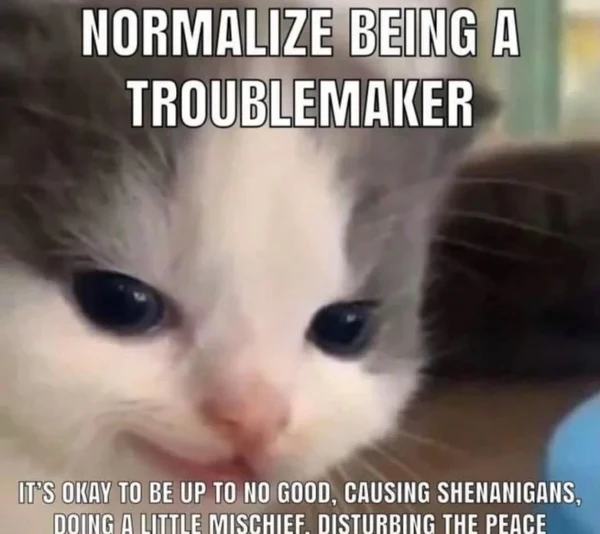Nigeria used to be the largest economy in Africa, yet it suffers from abject poverty and poor living conditions for its citizens. It has the GDP to compete with 1st world countries yet it firmly functions as a 3rd world country. What is the reason for this? In this post, I hope to delve a little into it.
Early slave trade in Nigeria
Slave trade in West Africa began in the 1600s, and during this time, the practice formed the backbone of the country's economy. It is estimated that over 3.5. million slaves were shipped from Nigeria to South America and Caribbean colonies. By the late 1800s, Nigeria was part of the "scramble for Africa" which eventually led to Britain granting a royal charter to the National African Company (later renamed the Royal Niger Company) in 1886, giving it the power to “control the political administration and trade policies of any local territories”.
By 1900, the territory owned by the RNC was transferred to the British Crown, and the Northern and Southern Nigerian Protectorates were formed. They were united by the British colonial administrator Frederick Lugard in 1912, forming the Colony and Protectorate of Nigeria. This formed tension, as Nigeria encompassed different ethnic groups. North and South Nigeria were united in name alone.
Don't be fooled into thinking Nigerians were happy with what was going on. Slowly but surely, resistance started building up despite the proliferation of English and other European imports. Resistance came from political parties such as the Nigerian Youth Movement which emerged in 1934 and eventually, after WWII, the country gained its independence through the Federal House of Representatives. You would think this would be the end of Nigeria's problems. The country is finally in the hands of the people! Boy, you would be wrong.
Inept governments and military juntas
Following 1960, Nigeria struggled to gain peace as the people were unhappy with the ineptitude and corruption of the government. This led to a military junta in 1966 which resulted in the death of Prime Minister Abubakar Tafawa Balew. With the head of state out of the way, the military seized control of the country.
To quelch ethnic conflict, Lieutenant-Colonel Chukwuemeka Odumegwu-Ojukwu announced that Biafra (a partially recognized state in West Africa that declared independence from Nigeria and existed from 1967 until 1970) would secede) would secede. This was not a popular decision due to how oil-rich the region was. Armed conflict broke out between Biafra and Nigeria, resulting in the Biafran War which lasted from 1967 to 1970 when the secession was renounced.
Then came the wave of military activity. A Supreme Military Council headed by General Murtala Ramat Muhammad took control of Nigeria in July 1975 and, after a coup d'état, a Supreme Military Council led by Muhammadu Buhari took over in 1983. Nigeria was ruled by several Generals during these two juntas until 1999 when, following a democratic election, Chief Olusegun Obasanjo was voted in as president.
corruption in modern Nigeria
Much like South Africa, Nigeria is plagued by corruption. The bulk of its wealth is distributed among the elite few while the rest of the population is left to suffer in poverty. This problem is exacerbated by the fact that Nigeria is rich in oil which generates high revenues to be stolen.
Corruption in Nigeria since 1999 has occurred within a culture of impunity. This has allowed N23 billion to be stolen by federal ministers through fraudulent activities ranging from embezzlement, payments for jobs not done, over-invoicing, double-debiting, inflation of contract figures to the release of money without the consent of the approving authority in ten major ministries. Consequently, this has led to the Institute of Development Research of the Ahmadu Bello University ranking political parties in Nigeria as the world's third most corrupt institution. During Olusegun Obasanjo's presidency, he was fully in-charge of the petroleum ministry, where high-level corrupt practices took place with impunity, including cases of hundreds of thousands of barrels of oil sold in 2002 not appearing on financial records.
This has resulted in a disillution in the systems of law and order in the country. Just as corruption occurs up high, it trickles down, making daily forms of corruption such as bribing a policeman a norm. A culture of what has been termed "awuf" has arisen in which it is seen as acceptable for one to acquire money through dishonesty, trickery or wiley behavior.
Ultimately, Nigeria is struck with the same double-edged sword that many African countries face. Their nautral resources bring wealth which only serves to attract those who are eager to misuse the funds. Consequently, it is believed by many that the military juntas that have taken place over Nigeria's history were motivated by the desire to gain access to the oil wealth which could have been used to empower the nation as a whole.
Conclusion
So what makes a dystopia? The answer is simple - lies. Corruption all stems from lies from the government, lies from everyday people, and lies from the military. You extinguish lies and you build a better country. I hope you enjoyed this short read. Tune in next time when I discuss Colonol Russell Williams or the megacorporation Samsung or some shit. Writing this stopped me from hurting myself.
Bye!











Jump in the discussion.
No email address required.
Interesting that when listing off the amount of slaves
that when listing off the amount of slaves  from nigeria shipped around, you fail to mention the probably millions sold to the arabs over the span of a millennium. How much is Aevann
from nigeria shipped around, you fail to mention the probably millions sold to the arabs over the span of a millennium. How much is Aevann  paying you
paying you
Jump in the discussion.
No email address required.
More options
Context